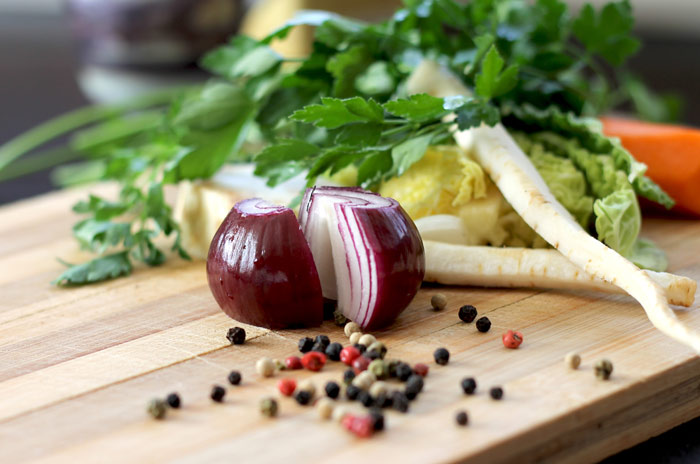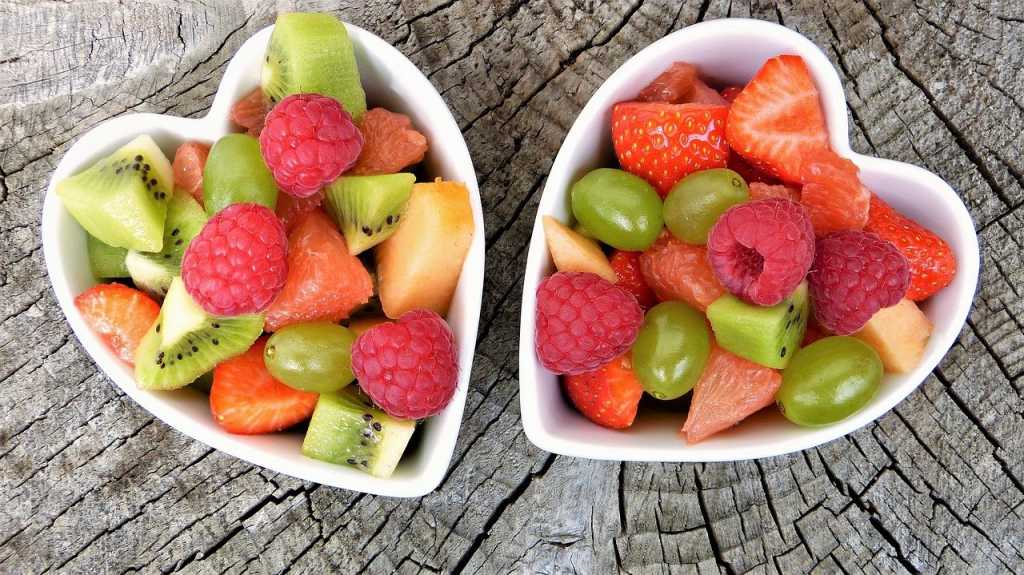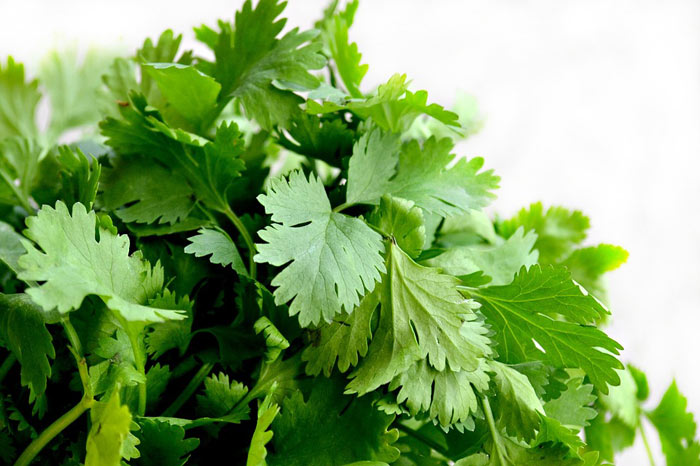Let’s figure out how to store different types of foods in an apartment so that they do not spoil before the expiration date.
1. Keep potatoes dry and warm
You can keep the potatoes in an apartment for a whole year, with no green spots and sprouts. Just prepare a wooden box, a cotton cloth, and newspapers and then sort the potatoes.
Do this carefully: all rumpled and frozen root crops will have to be thrown away since it is on them that mold forms and spreads all over the crop.
The potatoes should not be washed, no matter how dirty they may seem.
Lay newspapers, fabric, potatoes, and fabric again on the bottom of the drawer. Close it tightly so that no light can enter.
The box can be removed to the balcony (it should be warm enough in winter for the potatoes not to freeze), the pantry or corridor.
2. Put some moss between the carrots and beets
These vegetables can be stored together. If you follow an unusual life hack, they will not spoil and dry out for a long time: collect or buy sphagnum moss and dry it.
Then cover each row of vegetables in the crate with a layer of moss to keep the carrots and beets from rotting or drying out for a year.
First, shake off excess soil from them (but without using water or damp rags) and cut the tops at a distance of 3-4 cm from the root crop.
3. Put onions and garlic in a bag or box

Onions and garlic can be stored in a canvas bag, but don’t overtighten the opening. A wooden box would be good, too.
These vegetables need air, dryness, and darkness.
Put the bag in the apartment away from the batteries or take it out to the glazed balcony.
Place a part of the crop in the vegetable section of the refrigerator if you will use it in the coming weeks. Remember to cover them with a dark cloth so that sprouts do not appear.
4. Protect cereals from bugs
At first, it may seem that storing cereals and flour is not difficult because they have a long shelf life and already have a package. However, bugs are often found in such products and are difficult to eliminate.
So follow a few rules:
Do not store large stocks of oatmeal and semolina.
If you buy cereals by weight, keep them in the freezer for a day.
Store bags of salt with groceries – it absorbs excess moisture well.
5. Store fruit separately

Keep fruit separately from vegetables and each other, as they release gas that speeds up ripening and can lead to rotting and overripeness.
Therefore, put apples, pears, and other fruits in natural fabric bags with a long shelf life.
It’s best to leave them in a dark place, but do not take them out to the balcony in winter so that the fruit does not freeze.
To prepare fruit for serving, transfer them from the bags to a plastic bag in advance and tie them tighter – this way, they will quickly become softer and sweeter.
6. Keep the jars shady and cool
Pickles, jams, and everything in glass jars can be stored the same way: away from batteries and sunlight. An ordinary kitchen cabinet, an insulated balcony, a pantry, or a drawer in the hallway will do.
Remember to write the expiration date with a marker and put the jars that last longer in the back of the cabinet.











